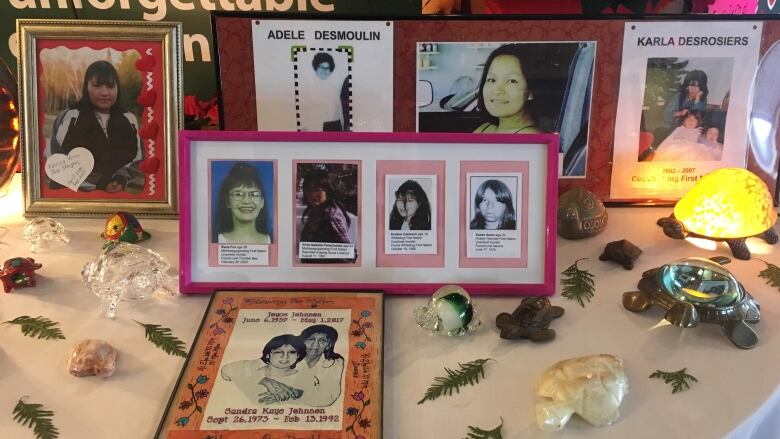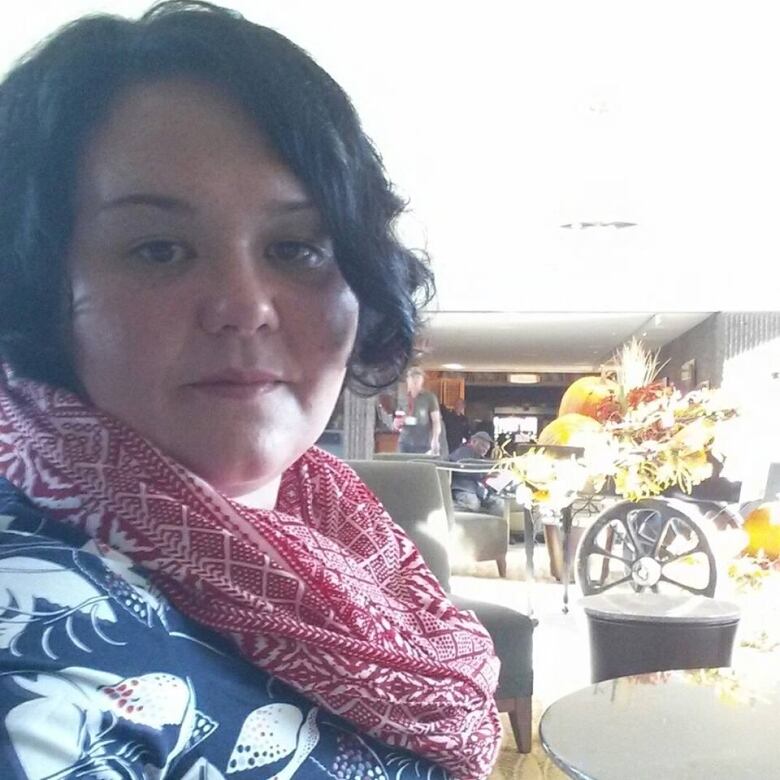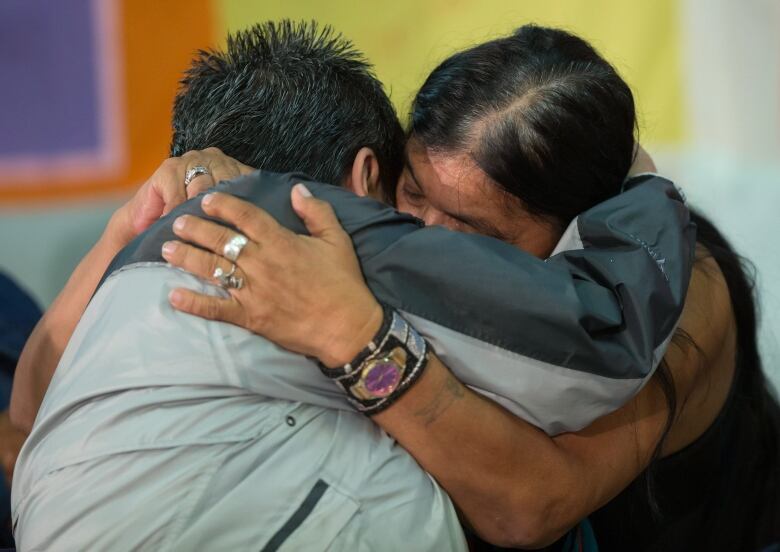Still time to testify in MMIWG inquiry, supports available, says Nunatsiavut government
'They're really open in how you can share your story and will work with you [on] what option best fits'

Commissioners of the national inquiry into missing and murdered Indigenous women and girls have a difficult line to walk: they want to hear from as many people as possible, but for some, reliving painful memories can be too much to bear.
That's why it was decided that the inquiry would let people come to them. Now, the Nunatsiavutgovernment is offering to serve as a go-between with mental health workers and other support staff for anyone needing help in testifying.
'The inquiry is happening'
Kaila de Boer, director of mental wellness and healing with Nunatsiavut, said the government wants to spread the message that there's still time to participate.
"It seems like there are many people who are eithernot very aware or feel like the inquiry does not pertain to them, so we really want to get the message out that the inquiry is happening and support people in making informed decisions on if they'd like to participate and how they might be able to participate if they're interested."

De Boer said there may have been some confusion over who the inquiry is for and who can participate, adding she's spoken to people who were surprised to learn that the inquiry was waiting to hear from people.
"I know one confusion that I've heard is for people who are involved with any of the pre-engagement sessions, they expected that the inquiry would follow up with them, and the inquiry staff have been trying to be clear to people thatno, they're not going to directly contact anyone unless they have registered for it," she said.
Different options
Another important point, said de Boer, is that participating in the inquiry doesn't necessarily having to speak in a room full of people and cameras, and the inquiry can also help a person through that decision.
De Boer said there are multiple ways to participate:
- in front of a commissioner in a public community hearing
- in front of a commissioner in a private, confidential hearing
- in a circle with members of a participant's family or other families, loved ones
- in private with a statement-taker and no commissioner
- by artistic expression, via song, poetry or video
"They're really open in how you can share your story and will work with you [on] what option best fits for you," she said.
De Boer said the Nunatsiavutgovernment willbe taking the same approach as the inquiry though, in waiting to hear from people who wish to participate instead of directly contacting them first, because it can be a difficult thing for people to go through.

"It is an incredibly personal and a very intense and emotional decision to make, and we're certainly happy to be there to help support people in making that decision, but we're not going to reach out to peopleand tell them about it," she said.
"It raises a lot of traumatic memories and experiences, and some people may choose not to be involved with it or feel it doesn't apply to them or not something that's going to further their well-being."
The inquiry has not released its winter schedule yet, but will be holding more hearings January through March.
With files from Labrador Morning












_(720p).jpg)


 OFFICIAL HD MUSIC VIDEO.jpg)
.jpg)



























































































